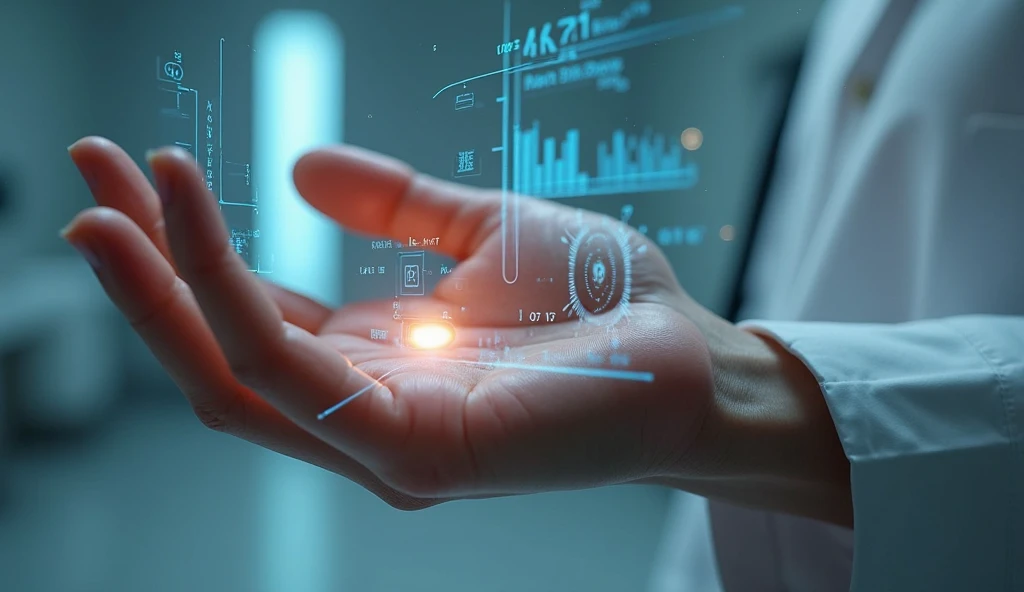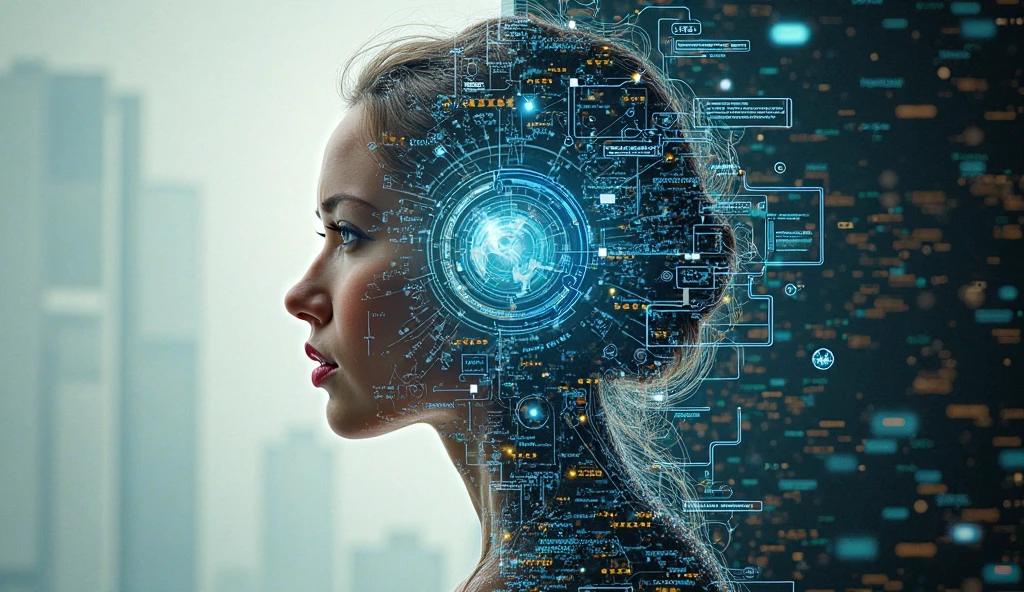In 2025, biohacking is no longer limited to Silicon Valley techies or science fiction fans — it’s a booming movement. From smart pills and sleep trackers to microchip implants and gene editing kits, people are taking human optimization into their own hands.
But as the lines blur between health innovation and self-experimentation, one question looms large:
Is this the future of wellness, or a risky shortcut to disaster?
What Exactly Is Biohacking?
Biohacking is the science (and sometimes art) of modifying your body, mind, or biology to improve performance, health, or appearance.
It ranges from simple lifestyle tweaks (like intermittent fasting or cold plunges) to extreme interventions, such as:
- Nootropics (smart drugs)
- Neural implants
- DIY CRISPR gene editing
- Chip implants under the skin
- Wearable health-enhancement tech

Popular Biohacks in 2025
1. Smart Drugs (Nootropics 2.0)
Used to enhance memory, creativity, and focus — now AI-personalized by your DNA profile.
2. Cold Exposure and Hormesis
From cryotherapy chambers to extreme ice baths, stress-induced resilience is hot (or rather, freezing) right now.
3. Implantables and Chips
Tiny RFID/NFC chips let users unlock doors, pay for goods, or track health — all from under the skin.
4. DIY Gene Editing
Platforms like OpenCRISPR are popular with extreme hobbyists… and highly controversial.

The Risks: Are We Going Too Far?
Unregulated Supplements
Many nootropics and peptides are untested or lack FDA oversight.
Unethical Gene Experiments
DIY DNA editing can lead to unpredictable mutations, immune reactions, or even inherited genetic issues.
Mental Health Fallout
The pursuit of hyper-performance can cause obsession, burnout, and tech addiction.
“We’re hacking our biology like software, but the bugs could be irreversible.” — Bioethics Expert, 2025

The Ethical Dilemma
Biohacking in 2025 raises critical questions:
- Who controls access to enhancement tools?
- Could this create a new bio-elite?
- What happens if we lose what makes us human in pursuit of “upgrade”?
The Future: Enhancement or Overreach?
Biohacking could extend lifespan, cure diseases, and optimize mental performance. But without regulation or restraint, it may also lead to:
- Tech-driven inequality
- New mental health crises
- Irreversible health damage
Like all powerful tools, biohacking demands wisdom, not just curiosity.
Revolution or Roulette?
Biohacking in 2025 is both thrilling and terrifying. It’s redefining wellness, challenging norms, and empowering people like never before. But it also walks a thin line between innovation and recklessness.
Before you try your first smart pill, implant, or gene tweak, ask yourself:
Are you improving your biology — or gambling with it?








